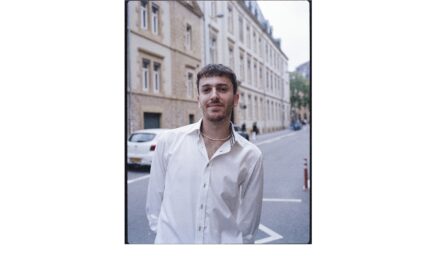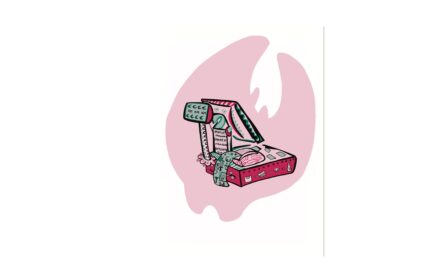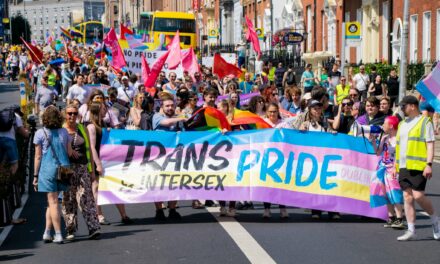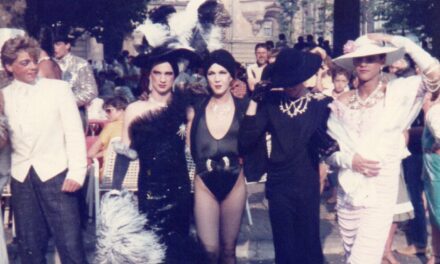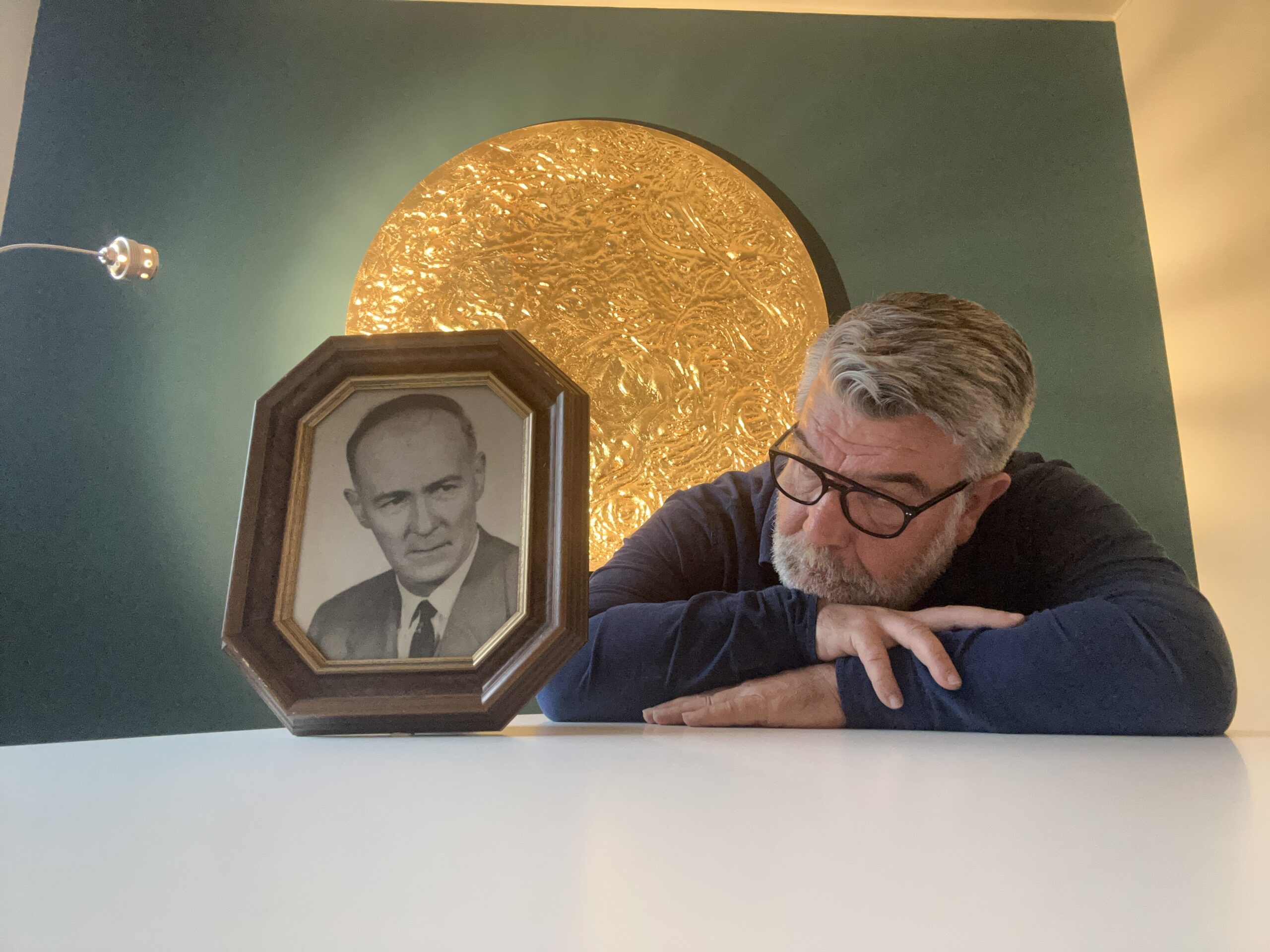
Historically Queer
In this column, we look back on queer history – both personal anecdotes as well as historical context. If you want to contribute, please contact us at info@queer.lu
There is a family member whose story has been on my mind for years: my great-uncle Nicolas. He died when I was 19 years old. Back then, shortly after his death, I was told his whole life story, including all the parts that had been kept from me before. I didn’t realize how much his fate would continue to haunt me to this day.
Nicolas was born at the beginning of the 20th century, the second of five siblings (two girls, three boys) and my grandmother’s eldest brother. As the first-born son, he was expected to take over the family business, a small carpentry workshop, as custom would have it. I’m not sure whether he really wanted to, as it had long been his wish to become a priest and join a monastery. But he complied. He complied, as he did in many things in his life.
When I was born, two out of five siblings were no longer alive. Josy, the youngest brother, had drowned one Sunday afternoon during a picnic in the river; he had a dizzy spell while bathing. He was fished out of an embankment a few kilometers away only days later.
Later on, I was never allowed into the paddling pool that my father set up in the garden in summer after lunch, but had to wait at least three to four hours. For me, as a little boy who just wanted to play, it was torture, often resulting in bitter tears of disappointment.
The other brother, Jängi, also died earlier than expected. His death was also to be a very poignant experience for Nicolas, as he died in the middle of a freezing winter and the grave could not be dug out of the rock-hard frozen ground. It was not until spring that the hole was dug in the cemetery and the remains were buried. Jängi’s wife asked Nicolas to be present when the coffin was opened (so that it could be determined that the right body was in the right grave), and a family member had to be present during this procedure. She wouldn’t have been able to do it herself. Uncle Nicolas often talked about how terrible the stench was and how bloated Jängi’s body looked. The gravedigger then wordlessly handed him a flask of liquor, as Nicolas’s face was as white as a sheet.
Between the two world wars, Nicolas met his first big love. Her name was Josiane and she came from a family that was much richer than Nicolas with his small carpentry business. Josiane and Nicolas loved each other and wanted to get married. Josiane’s family was not opposed to the marriage. But Josiane had a brother who was gay. It wasn’t a secret, but it was something to be talked about behind closed doors. When Nicolas’ father (my great-grandfather) found out, it was the end. Nicolas had to end the relationship with Josiane. His father had nothing against Josiane herself, but what if they had children? After all, Josiane carried this ‘gene’ and it was possible that her children would also become ‘like that’ …
And Nicolas complied.
He must have felt very disappointed and angry. But he took revenge on his father in his own way. He made sure that the family name and the carpentry business would have no heirs. After Josiane, he never looked at another woman again. If he couldn’t be with her, then with none at all. Nicolas became an embittered bachelor. By the time he could have been with Josiane, after the death of his parents, she had already married someone else.
All the affection and love Nicolas could give went to his two nieces, my mother and her sister. The carpenter’s last big job was the roof truss of my parents’ house, for which Nicolas didn’t want a penny.
He retired shortly after the roof truss was completed. That’s when my memories of him began. I only knew him as an old man who sat in an armchair and never lifted a finger. He was literally getting rusty. His eldest sister, who hadn’t married either, took care of his household.
When I was three or four years old and visiting my grandmother, we would occasionally go for a walk in the park with the small playground. Those were the rare good moments. Later, I only saw him as disgruntled, bad-tempered, grumpy, and lacking in zest for life. But I never understood why it was like that and why everyone always defended him when he snapped at me, and I wanted to defend myself.
He died on a Sunday in the summer of 1985 in a retirement home in the capital. He had undergone an amputation of one of his feet in his later years and was no longer in his right mind after this serious operation.
I went there with my mother, my great-aunt, and my grandmother to see him one last time. Both sisters broke down in tears when they saw him. It was the first time in my life that I had seen a dead man. My mother discovered his wallet on the bedside table and looked for his ID, which she needed for the death certificate. In a side pocket, she found a passport photo of a woman I didn’t know. “That’s Josiane,” she said. “My God, he kept a photo of her all these years!”
And so, a few days later, I found out about his fate in a confidential conversation.
When I think back on it today, it makes me angry and sad at the same time. The social and family constraints of the time were strict. Why did Nicolas never stand up for himself? What happened to his girlfriend’s brother? Did he survive the Second World War? Was he sent to a concentration camp?
Is this story one of the reasons why I didn’t come out completely until I was in my late 40s? Even as a young boy, I knew why I had a poster of Tarzan hanging in my bedroom. Not because I admired him as a hero of the wilderness, but because I thought he was sexy – apart from the fact that I didn’t even know the word ‘sexy’ back then. Today it’s too late for questions, because none of my family are still alive.

